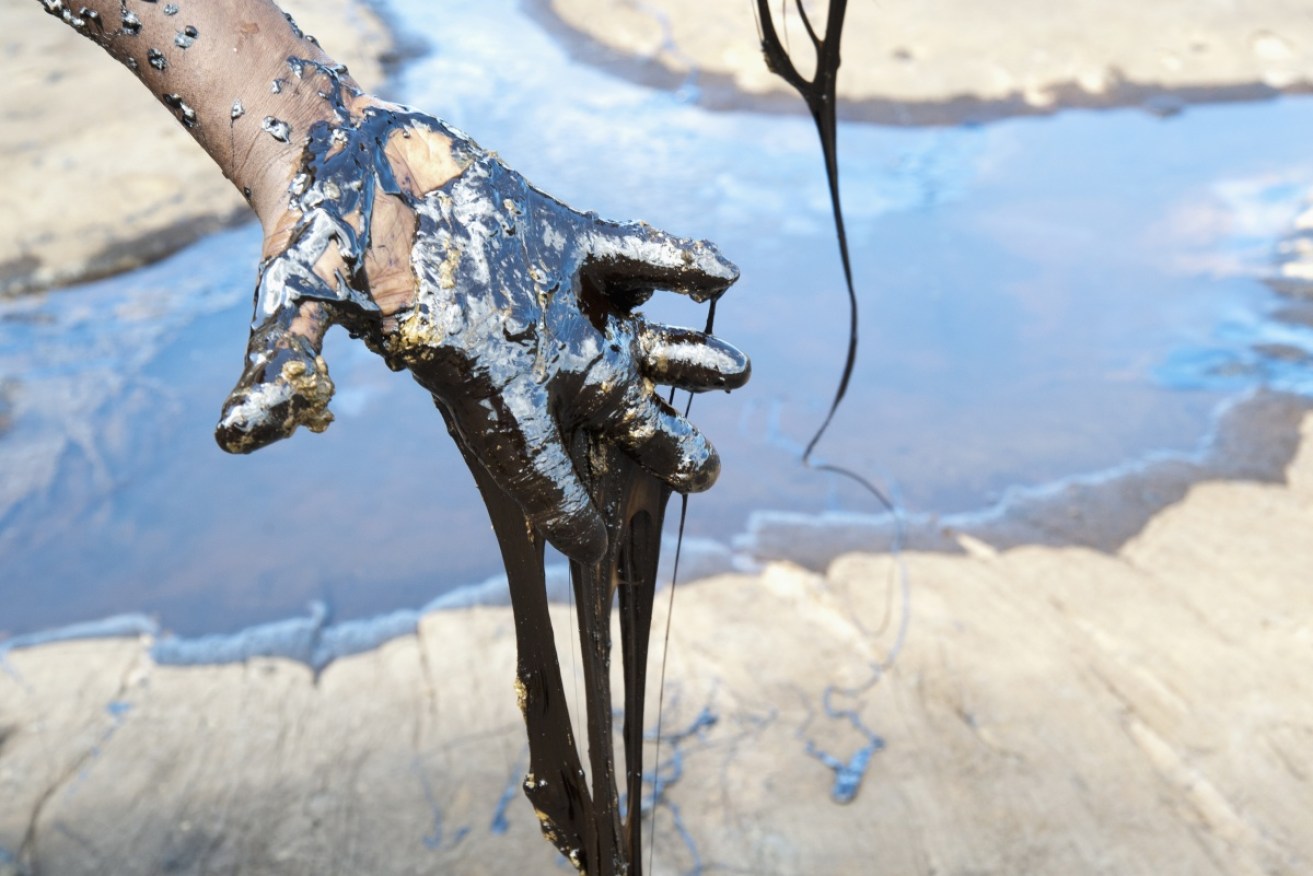Venezuelan politics are pushing up Australian petrol prices


An oil spill in Venezuela. Photo: Getty
The price of petrol is set to stay high in the next few weeks and, as unlikely as it seems, part of the problem is political corruption in Venezuela.
Petrol in Australia hit a four-year high in August, and constant high prices have forced people to take drastic action. A boycott of service stations organised on Facebook has received almost 60,000 people promising to participate.
But petrol prices are dictated by more than the service stations running the pumps.
Global oil prices are a major contributor. And since the start of the year, those prices have risen fairly steadily, breaking through $US80 a barrel on the commonly used Brent index, and on track to reach $US80 a barrel on the West Texas Intermediate index.
The price of oil is high because demand is high and supply is tight, according to economist David Bassanese. Lots of countries want lots of oil, and there isn’t quite enough to go around.
The supply shortage is partly explained by production problems in a number of the members of OPEC – a formal coalition of oil-producing nations that include Russia, Indonesia, the Middle East and South America.
The US has also slammed Iran, another big oil producer, with heavy sanctions.
“Markets are getting worried about a looming shortage,” said Mr Bassanese, who works for exchange-traded fund provider BetaShares (which runs a crude oil fund).
But Iran is not the only country where sanctions might put pressure on oil production. Another notable example is Venezuela, which has been on the receiving end of US sanctions since 2015, with the most recent sanctions set in place only on Tuesday.
How Venezuelan politics fits in
Venezuela holds the world’s largest proven oil reserves and, according to the OPEC website, oil accounts for 98 per cent of the country’s exports.
But in the past two years its production has tumbled from 2.5 million barrels a day down to 1.4 million in June this year.
Last year, it was the 12th-largest producer of oil globally, and its ongoing decline in production is putting a squeeze on global supply.
“All countries to an extent play an important role when markets are tight,” Mr Bassanese said.
“It’s pretty finely balanced, so when you do get these production shortfalls, even marginal players, even though their overall supply of oil isn’t as large as Saudi Arabia – it’s that marginal reduction of supply that has an effect.”
A pick-up in Venezuelan production is off the cards for the foreseeable future, according to La Trobe University lecturer Dr Raul Sanchez-Urribarri.
Mr Sanchez-Urribarri, a Venezuelan expat who lectures on legal studies, said the country has endured years of economic mismanagement and corruption, leading to President Nicolas Maduro blocking any constitutional means of ousting his government from power in a “major year of tensions” in 2017.
“As a result, we have a country that has lost almost 50 per cent of its GDP in the last five years and an inflation rate of close to a million per cent by the end of the year if things keep going this way. It’s a complete disaster,” he said.
It also means the oil industry’s infrastructure has suffered from disinvestment, and itself become a victim of corruption and mismanagement.
“The reality is that the industry’s capacity has plummeted, the infrastructure has collapsed, the qualified staff have left, the oil workers who occupied jobs with better-than-average pay have seen their income collapse,” he said.
“Venezuela just can’t sell more oil than what it’s already selling.”
The political corruption that led to this situation is also the reason the US has imposed sanctions on the South American nation.
When this scenario might end is, according to Mr Sanchez-Urribarri, difficult to foresee.
“To be perfectly honest with you, and no pun intended, in this case there is no way of knowing the bottom of the barrel,” he said.
“But the situation is not going to improve any time soon.”










